Attachment Styles + Yoga Therapy
What Yoga Therapists need to know when working with different Attachment Styles
Attachment theory, introduced by John Bowlby, offers invaluable insights into how human beings form and maintain emotional bonds from infancy into adulthood. It suggests that the quality of the bonds we establish early in life with primary caregivers can set the stage for our future interpersonal relationships. We should also point out here that this by no means is fixed and unchangeable, many clients seek Yoga Therapist to help develop a secure attachment to others, and for us.
By integrating attachment theory with yoga therapy, individuals can gain a deeper understanding and tools to improve their emotional health and relational dynamics. Different attachment styles influence our relationships differently and yoga therapy is one approach that can help in cultivating healthier, more secure attachments.
Attachment theory categorizes the patterns of attachment into several styles, each affecting how individuals perceive and interact with others throughout their lives:
1. Secure Attachment
- Characteristics: Comfort with intimacy and autonomy, ability to trust and rely on others, and resilience in maintaining balanced relationships.
- Development: Typically develops from consistently responsive and caring interactions with caregivers. Things in life are some what predictable and reliable.
2. Anxious Attachment (also known as Anxious-Ambivalent):
- Characteristics: High levels of anxiety about relationships, fear of abandonment, excessive need for closeness and reassurance.
- Development: Often results from inconsistent caregiver responsiveness, leading to confusion and insecurity about the availability of love and support.
3. Avoidant Attachment:
- Characteristics: Emotional distance in relationships, discomfort with closeness and dependence, a strong value placed on independence and self-sufficiency.
- Development: Emerges from caregivers who are emotionally unavailable or rejecting, encouraging premature self-reliance.
4. Disorganized Attachment:
- Characteristics: A lack of clear attachment strategy, behaviors that are erratic or contradictory, often a result of fear without solution.
- Development: Can occur when caregivers are a source of fright or confusion, often due to unresolved trauma or loss.
Yoga therapy can be tailored to address the specific emotional and relational challenges associated with each attachment style. Here are some consideration you may want to consider in your Yoga Therapy Sessions:
1. For Secure Attachment:
- Practices: Maintenance of secure attachment through community-building perhaps suggest joining some group yoga classes, partner yoga , and practices that reinforce trust and mutual respect.
- Benefits: Supports ongoing emotional regulation and healthy relationship dynamics.
2. For Anxious Attachment:
- Practices: Grounding and soothing practices. It’s important to remember that what one person considers grounding and soothng another may not. This needs to be a collaborative experential activty which may include exploring Hatha yoga, pranayama (e.g., Nadi Shodhana), and guided meditation.
- Benefits: Reduces anxiety, promotes inner peace, and fosters a sense of security within oneself.
3. For Avoidant Attachment:
- Practices: Gentle and encouraging practices. Movement that encourages emotional awareness and connection, heart-opening shapes. Be aware that this may bring up feelings of vulnerability. You could also suggest guided interactions in group settings to gently encourage social engagement.
- Benefits: Helps in gradually reducing fear of intimacy and builds comfort with emotional closeness.
4. For Disorganized Attachment:
- Practices: Structured and consitent practices. Highly structured yoga sessions that provide consistency and safety, trauma-informed yoga approaches, and individual therapy sessions focusing on creating a sense of order and security.
- Benefits: Aims to establish a more organized approach to relationships and emotions, fostering stability and clearer emotional responses.
If you are reading this and see patterns in your life that suggest difficulties with attachment, consider engaging in yoga therapy. We would suggest ensuring you are working with a registered yoga therapist who is trained in mental health and offers a trauma informed approach.
